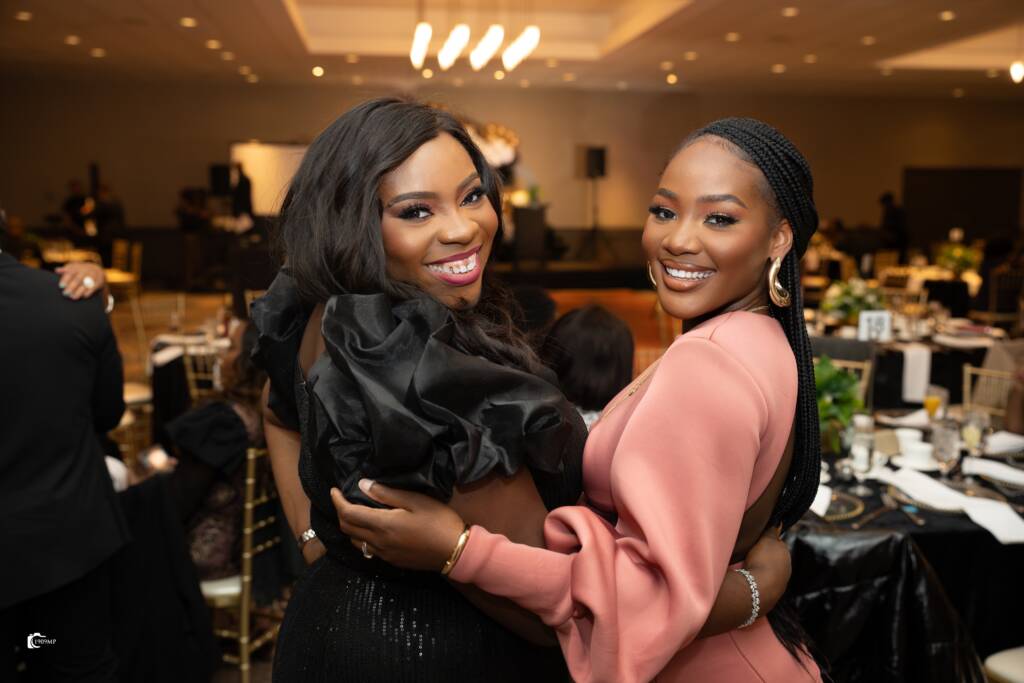The Transformative Power of Creativity in Overcoming Trauma
Art has always profoundly impacted healing, both individually and collectively. For many Black women, especially those navigating the complexities of systemic and intersecting oppressions, art has served as a language of empowerment, and healing. Through my journey and work with Adornment Stories—a creative space that enables individuals to share their stories through art—I have witnessed how creativity transforms lives. From painting and writing to digital art, artistic expression provides a powerful means to reclaim narratives, process pain, and ultimately heal.
Here, we explore how art is a personal tool for self-discovery and collective empowerment. By creating and sharing art, we heal, connect, and foster a sense of community that supports growth and self-actualization .
Transforming Trauma Through Art
Trauma, especially for marginalized communities, can be difficult to articulate, leaving people isolated with their pain. Yet, when that pain is expressed through creative forms, it becomes externalized—something that can be seen, interpreted, and understood. For many Black women, art has been a means to confront and transform trauma.
Through my work with Adornment Stories, I’ve seen how art allows individuals to reclaim narratives, process pain, and engage in change. Creating art offers agency in our healing, empowering us to redefine our stories and explore our identities.
The principles of Narrative Therapy, particularly the idea of externalizing our problems, inspire much of my approach. When we create art, we can view our experiences from new perspectives, separating the pain from ourselves. This process is amplified by “witnessing,” where an audience sees and validates the work. Witnessing not only strengthens our voice but builds a connection across time and space that affirms our existence. This dual act—creating and witnessing— is crucial in transforming traumatic experiences.
Art as a Form of Resistance
Art also plays an important role in resistance, offering a powerful response to societal issues like Gender-Based Violence and racial injustice. By expressing our experiences and perspectives through creative means, we challenge dominant narratives and amplify marginalized voices. Art disrupts societal silences, revealing what has been hidden and giving voice to those who have been marginalized.
During the Black Lives Matter movement, we saw the impact of digital art and storytelling in mobilizing communities and fostering collective consciousness. Similarly, in Adornment Stories, participants use art to question societal norms and defy the dehumanization and oppression of Black women.
Art has the power to amplify the voices of survivors, reduce isolation, and cultivate connections for individuals in need of care and support. A moment that stands out is when one participant, who had never considered herself creative, created a digital art piece that spoke to her experience of racial trauma. Seeing her move from reluctance to pride in her creation was powerful. Her story, like many others, reminds me of the impact art can have in helping us navigate difficult emotions and cultivate a sense of self-worth and personal voice. One powerful example comes to mind: The Power of Collective Creativity
Community plays a fundamental role in the healing process through creative outlets, especially for Black women. When marginalized communities come together to share and create, it’s a radical act of collective care and resistance. These gatherings remind us that our pain is real, that our voices are valid, and that we are not alone.
In my work with Adornment Stories, I’ve seen how collective creative practices help participants process trauma not in isolation, but in the safety and warmth of community. For Black women facing generational trauma, systemic neglect, and various forms of marginalization, the opportunity to create within a supportive group fosters connection, strength, and validation. In our retreats and workshops, participants often report feeling a deep sense of belonging and safety, which has been shown to improve mental health, reduce PTSD symptoms, and elevate self-esteem.
For example, during a recent workshop, a group of participants shared stories through a collaborative storytelling activity. As each person added to the narrative, weaving their own experiences into the collective tapestry, the sense of shared healing was palpable. This type of connection is powerful—it reinforces that our stories matter and that together, we can uplift each other.
Creativity for Emotional and Mental Well-Being
For those who may not consider themselves artists, creativity still offers a pathway to emotional and mental well-being. Creative practices provide a chance to explore thoughts and feelings that may otherwise remain unexpressed. Whether through journaling, doodling, or curating images that hold meaning, engaging in creative activities helps us access parts of ourselves that often lie dormant.
In Adornment Stories, we encourage participants to embrace various forms of creativity, reminding them that art is about the journey, not the outcome. Interestingly, many participants do not see themselves as “artists” until they begin the program, only to realize that they too, can create. This revelation can be deeply therapeutic, instilling confidence and a newfound sense of agency.
Building Resilient Communities Through Art
Art has the potential to build resilient communities by creating spaces where marginalized voices are uplifted and celebrated. At Adornment Stories, we aim to create such spaces, offering Black women and gender-expansive individuals a sanctuary where they can express themselves freely. By nurturing these voices, we create a network of support that extends beyond the individual, reinforcing our shared capacity for transformation.
In envisioning the future, I see art continuing to play a crucial role in community building. Through these collective acts of creation and expression, we cultivate resilience, reinforce our commitment to each other, and foster a more inclusive world.
Art, in all its forms, holds the power to heal, resist, and transform. For Black women and marginalized communities, it is both a refuge and a revolution.



